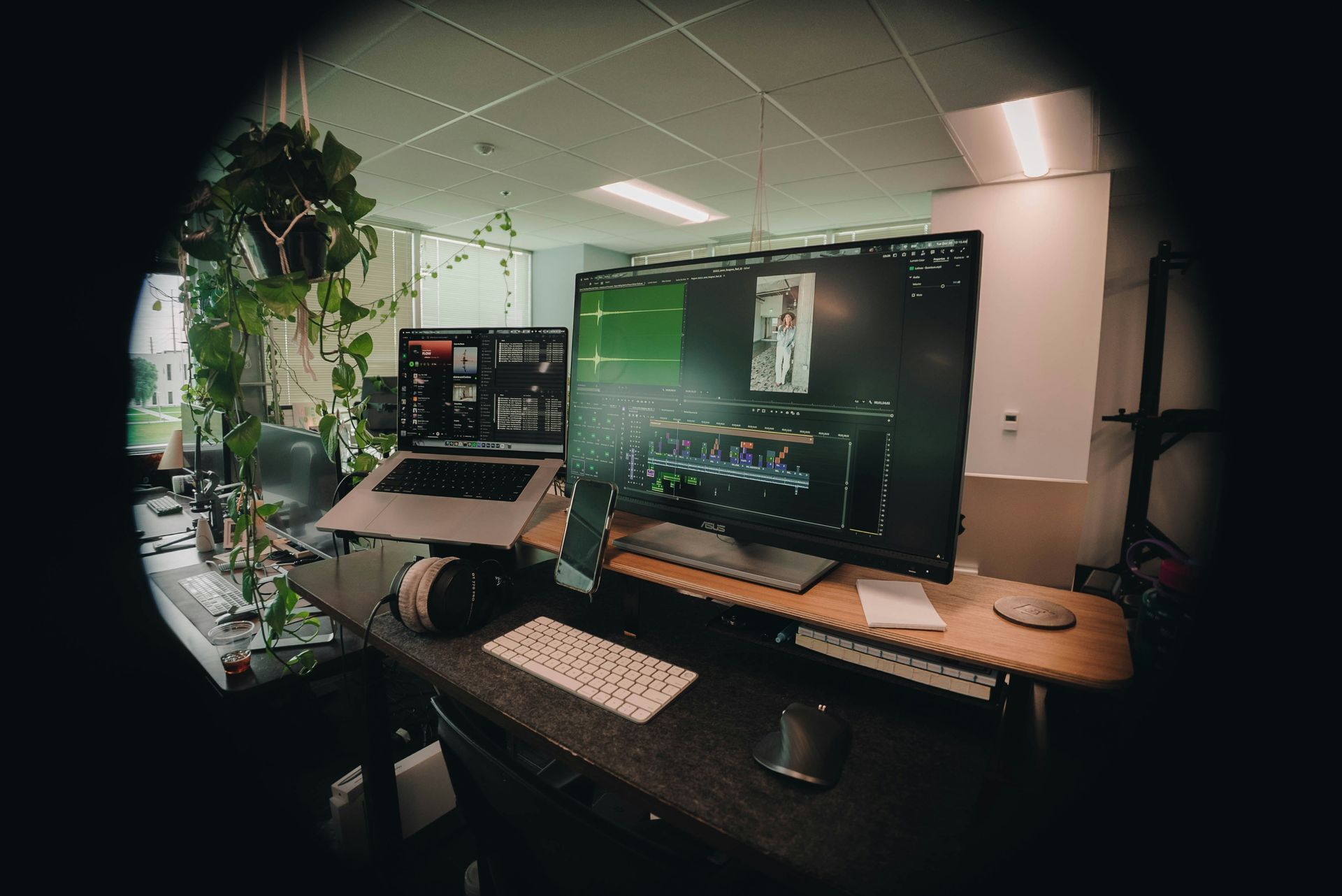Artificial intelligence in 2024
Artificial Intelligence (AI) has evolved rapidly over the past decade, but 2024 has seen it gain somewhat of a celebrity status. With AI becoming more accessible and rapidly integrated into everyday tools, it’s clear we’ve entered an era where businesses and individuals can unlock its potential like never before.
The past year has seen significant advancements in AI’s capabilities, reshaping how we work, connect, create efficiencies and innovate. Yet, despite this progress, AI still sparks curiosity, excitement, and, for some, trepidation. At Veritas Recruitment, we’ve embraced AI as a tool to improve efficiency and enhance the services we provide. Let’s dive into some of the biggest changes in AI in 2024, its impact on businesses, and why there’s no need to fear this technology.
The biggest changes in AI in 2024
In 2024, AI has undergone significant change, becoming more accessible and integrated into various industries. In particular, this year has seen AI evolve from a specialised tool to an everyday resource, giving businesses and individuals access to capabilities they previously didn’t have, or providing them with the ability to refine and create efficiencies to save time and money. Some of the biggest changes in AI in 2024 include:
Generative AI revolution
Generative AI, like ChatGPT and similar tools, has reached new levels of sophistication. These AI tools are now capable of creating human-like text, images and even video content (although some of these formats have some way to go to provide a high-quality output, but are improving quickly). These models are now instrumental in content creation, design, and entertainment, allowing businesses to produce creative assets more efficiently. For instance, ByteDance, the owner of TikTok, has become a
leading player in China's generative AI industry, aggressively hiring top talent and investing in AI infrastructure to build advanced models.
Wider adoption across industries
AI has moved beyond tech and early adopters into industries such as healthcare, education, and recruitment. Its applications range from predictive analytics to streamlining workflows, making it indispensable for businesses of all sizes.
AI's integration has expanded beyond the tech sector into healthcare, education, and recruitment. Organisations are utilising AI for predictive analytics, workflow optimisation, and personalised customer experiences. KPMG, for example, has incorporated AI across its operations in accounting, tax, and advisory divisions, with a significant portion of its global workforce using AI tools like GPT and Copilot.
Ethics and regulation
With AI's growing influence, there is an increased focus on ethical considerations and regulatory measures. Governments and organisations are establishing guidelines to ensure responsible AI use, addressing issues such as bias, transparency, and accountability.
Why businesses should embrace AI
AI isn’t here to replace humans, it’s here to provide better support and enhance what we can do. For businesses, embracing AI offers countless benefits:
- Improved Productivity
AI reduces the time spent on manual tasks, allowing teams to focus on strategic and creative work. - Cost Savings
By automating processes, businesses can reduce operational costs, particularly in areas like customer service, marketing, and data analysis. - Enhanced Decision-Making
AI’s ability to analyse data at a scale and speed that’s impossible for humans, is a huge advantage, offering valuable insights that drive smarter decision-making. - Competitive Advantage
Businesses that integrate AI gain an edge by working faster and more efficiently while delivering a better customer experience.
Why you shouldn’t be afraid of AI
For all its benefits, AI can feel intimidating, especially when media headlines emphasise fears of job displacement or unchecked power. However, the reality is far more balanced:
- AI augments, not replaces humans
AI is a tool to support human work, not a replacement for creativity, empathy, or critical thinking. - Ethical AI development
The growing focus on ethics and regulation ensures that AI tools are developed and used responsibly, minimising risks and maximising benefits. - Opportunities for growth
AI is creating new roles and opportunities, from AI ethics consultants to data analysts and prompt engineers while making existing roles more rewarding by reducing mundane tasks.
AI predictions for 2025
Looking ahead to 2025, the future of AI is exciting, with advancements in areas like natural language processing, personalised customer experiences, and even emotional AI. The key to leveraging this technology is embracing it with an open mind, focusing on its potential to solve problems, and using a human-centred approach to harness its benefits effectively and responsibly.
As we reflect on the year’s advancements in artificial intelligence, one thing is clear. AI is here to stay, and its potential is limited only by our willingness to use it wisely.






